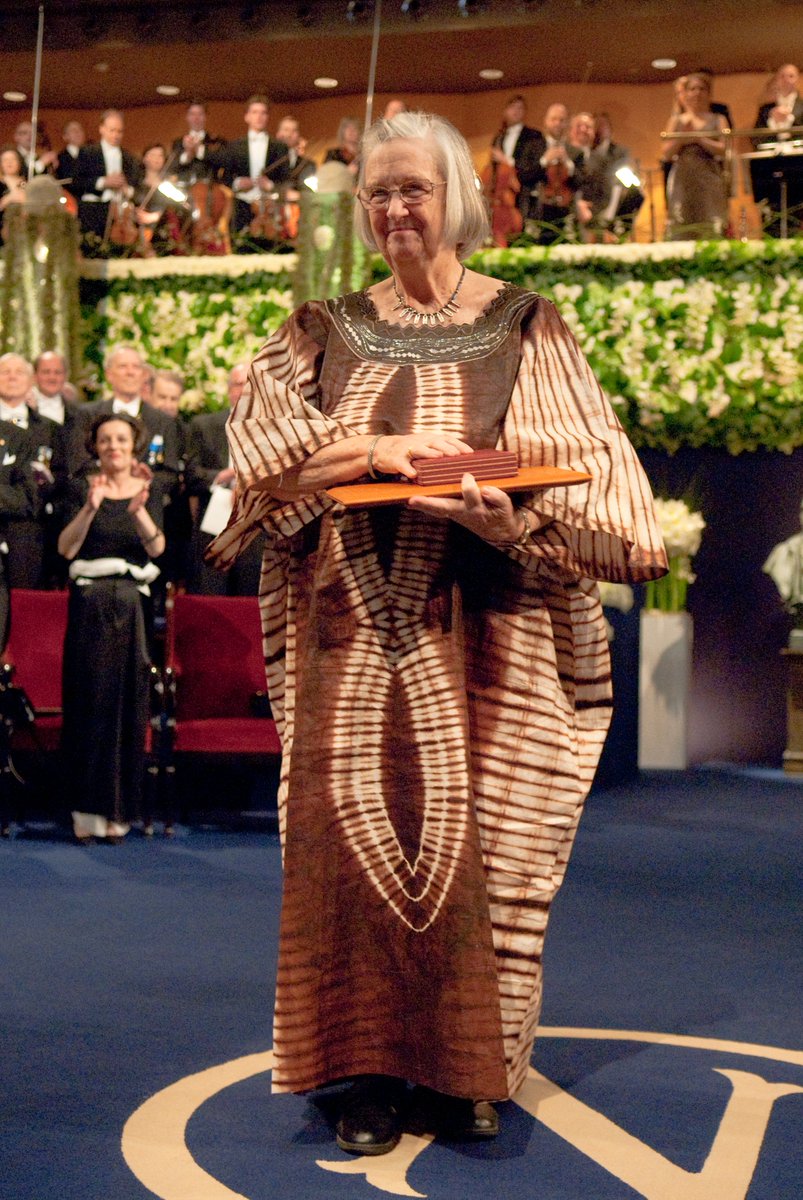
Surfing waves are a great example of a #commons, complete with local rules for who is allowed to ride the waves. But in the age of Instagram and social media, these rules are breaking down. 1/12
nytimes.com/2022/06/06/spo…
nytimes.com/2022/06/06/spo…
Surfing waves are a commons - a resource that is rival and non-exclusive. If unregulated, they can be overused.
"An overcrowded wave means fewer waves for everyone, and the one-surfer-per-wave etiquette tends to break down, leading to accidents and confrontations." 2/12
"An overcrowded wave means fewer waves for everyone, and the one-surfer-per-wave etiquette tends to break down, leading to accidents and confrontations." 2/12

Regular surfers collaborate to establish and enforce rules to avoid overuse.
"Some surfers have long guarded against this situation by enforcing their own rules at their local spots, deciding who can catch waves and making those rules crystal clear to newcomers." 3/12
"Some surfers have long guarded against this situation by enforcing their own rules at their local spots, deciding who can catch waves and making those rules crystal clear to newcomers." 3/12

Surfers figured out what Garrett Hardin did not - that local resource users can sustain their commons. They are not destined to destroy their shared resources. 4/12 

Elinor #Ostrom studied commons around the world, and the communities that govern them. She identified eight "design principles" that are often present when a commons is sustained. These include setting clear physical and social boundaries, penalties for rule-breakers, etc. 5/12
"Surf gangs" by and large follow Ostrom's design principles. For example, the best waves might be reserved for locals, but visitors may be OK surfing down the beach where the waves aren't as good. 6/12 

See Daniel Kaffine's "Quality and the Commons: The Surf Gangs of California" 7/12
journals.uchicago.edu/doi/full/10.10…
journals.uchicago.edu/doi/full/10.10…
I talked to one experienced surfer in Manhattan Beach for my book, The Uncommon Knowledge of Elinor Ostrom. Years ago, they had more strict rules about who was allowed to surf there. Tourists would get "the stink eye" and be shunned. 8/12
Today most everyone is welcome as long as they follow the unwritten rules: “Never drop in on someone. Don’t do a paddle around."
"I yell at people" who break the rules, the surfer said. 9/12
"I yell at people" who break the rules, the surfer said. 9/12
But in the age of social media, these unwritten rules are breaking down. Newcomers don't know the local rules, and they arrive in large numbers. Can the "surf gangs" revise their rules and sustain the shared resource? Will newcomers learn and accept the local rules? 10/12
Some places already welcome visitors. “Every day we have local surfers and world traveler surfers. They just stop by from LAX and come by here and just get into the ocean for a bit and go. This is a really good area to surf for students, travelers, and locals also.” 11/12 

If you would like to learn more about Elinor #Ostrom's groundbreaking ideas about managing commons, including surfing commons, check out my book, The Uncommon Knowledge of Elinor Ostrom: Essential Lessons for Collective Action from @IslandPress. 12/12
islandpress.org/books/uncommon…
islandpress.org/books/uncommon…
• • •
Missing some Tweet in this thread? You can try to
force a refresh





